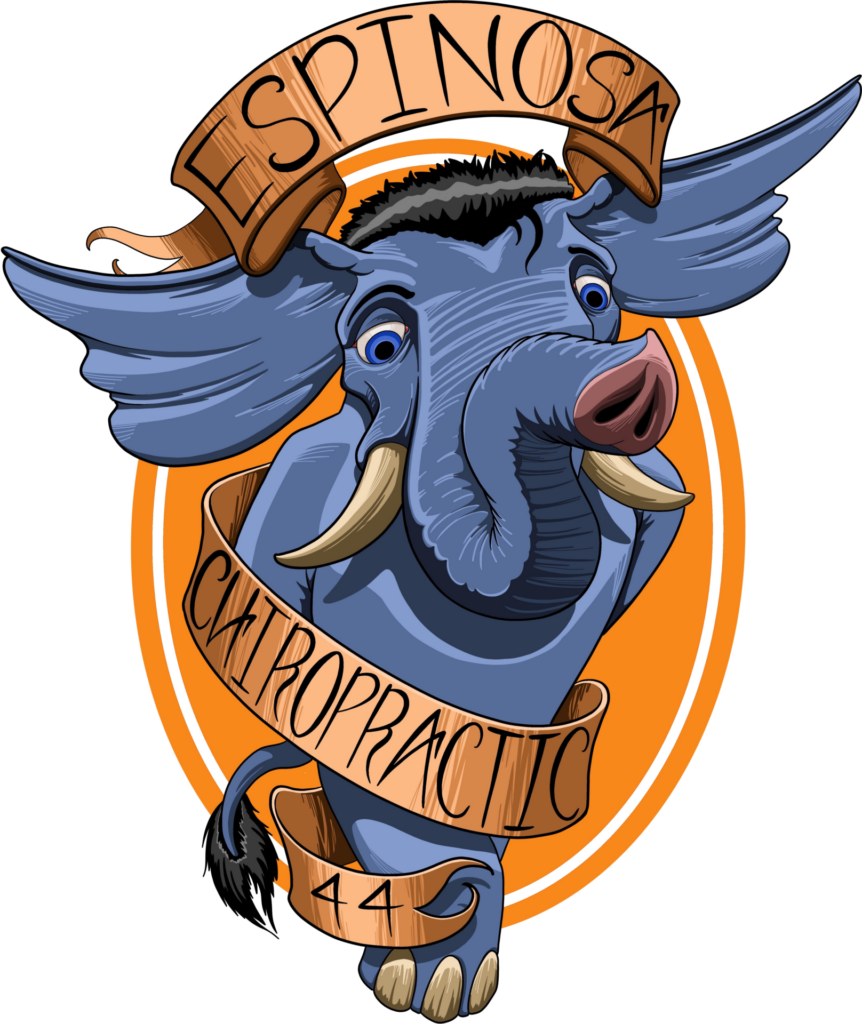
Breakfast and Quality of Life

Breakfast is your best friend, whether you like it or not. Studies show that people stay alive longer, with less depression and likelihood for developing certain diseases when they have a morning munch. The logic is plain: it is called breakfast because you are breaking the fast from the night before. Just like your brain needs clean proteins and certain minerals before bed to sleep restfully, it also needs nutrients to make the transition from night to day, and to help you function productively with low levels of stress. An ideal breakfast should be balanced nutrition-wise and should be consumed within 2 hours of waking; this means that the coffee/croissant/cigarette diet may need to go if you want to start feeling your best.
Breakfast benefits:
- Weight management. Fasting through breakfast leads you to crave more calories later in the day and thus you eat more when you are exerting yourself the least, leading to a realistic outcome of weight gain.
- Satiate body’s energy needs. The brain may be able to get by with a coffee, but this leaves your body at a deficit. Every cell in your body needs to be nourished in order to make you feel your most productive.
- Cognitive function. Likewise your brain needs consistent nutrition to function with low stress. The brain is a muscle and breakfast fortifies glucose levels in the body, allowing the brain to perform its essential functions, such as memory, more effectively.
Finally, eating breakfast is linked to living longer. When changing your morning meal habits, focus on quality and consistency. Think of your nutrition and state of mind as running fluid, parallel courses; just as you don’t want your mood or state of mind to be fluctuating through peaks and valleys, so you want your nutrition to be consistent, delivering the right amount of nutrients throughout the day. If you need someone to hold you accountable for achieving any health plan, give our office a call. We can help you start feeling great today.
Dr. Raymond Espinosa, D.C.
